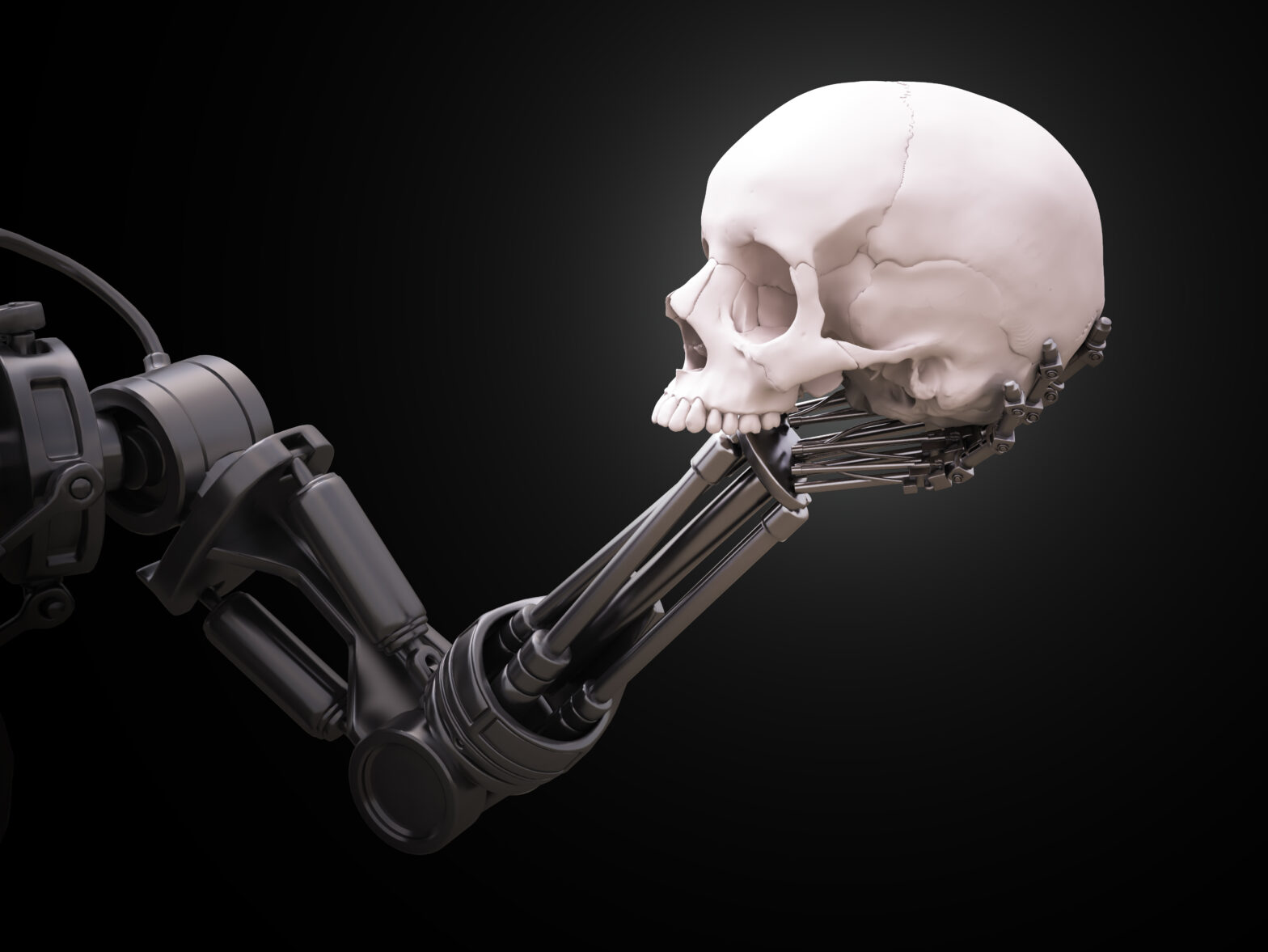Automation is here to stay. In fact, it has already taken residence in people’s homes, with more and more digital assistants, such as Alexa, Cortana, Echo and Siri, being purchased with the hope they can make our lives easier.
Driverless cars will soon be on our driveways; fridges will restock and homes will heat themselves. With increasing reliance on these technologies, humans run the risk of becoming the morbidly obese citizens portrayed in WALL-E.
>See also: Artificial intelligence: how it’s transforming financial services today
Is there a darker side to humans (other than weight gains) giving away their control though? If the popular sci-fi thriller, Westworld – a TV series where androids malfunction and kill humans – is anything to go by then the future could become a scary place for humans. In fact, fiction could be closer to reality than many of us would care to admit.
Westworld vs. reality
For almost two-thirds of respondents to our recent study, the answer is yes. Some 62% of those UK adults polled thought that a Westworld scenario of robots malfunctioning and killing humans is likely to happen in the future. This number rose significantly to over seven in ten (72%) of centennials and 71% of millennials.
How much people allow artificial intelligence (AI) to infiltrate their lives is a quandary for many as there are several obvious benefits, especially when they can take on some of the menial tasks we all hate.
>See also: To ‘err’ is human, so why not use an AI?
In the same survey, six in ten (60%) UK adults agreed that having a home robot would save them time on their household chores. Although it was more of a case of keeping up with the Joneses for some, with half (51%) admitted that the main benefit was that it would be a cool thing to have in their house when people came over.
AI on the roads
Tesla became headline news last year for all the wrong reasons when the driver of a Tesla Model S was killed in an accident when the car was in self-driving mode. Reports suggest that the car failed to recognise a lorry that had pulled out in front of it due to glare reflecting off its side.
Then, in February of this year, a landmark race between two self-drive cars ahead of the start of the Formula E electric car race in Buenos Aires ended badly when the Devbot vehicle crashed out after misjudging a corner while travelling at high speed.
Whilst there is a race by car makers to develop self-driving cars, our research shows that only 28% think that a self-driving car would be a better driver than a human and two-thirds (66%) believe that safety of self-driving cars is also paramount prior to them being allowed on our roads.
>See also: The role of artificial intelligence in cyber security
No doubt buoyed by the coverage both the Tesla and Devbot incidents got, giving up control of a 1,500-kilogram speeding metal box is clearly a concern for many.
As is the fact that a car’s computer could potentially be infiltrated by unscrupulous hackers with malicious intent.
In fact, such a threat would prevent half (48%) from buying them in the future. Interesting this figure rises to 61% of centennials.
Quality should be the priority
While consumer confidence in products and services is typically based on user experience, this isn’t the case for AI.
In fact, if AI technology is to truly hit the mainstream, businesses will need to work hard to prove that products are secure from hackers and quality is prioritised in a bid to build and maintain customer trust.
>See also: How AI has created an arms race in the battle against cybercrime
Quality in this context is more than just the engineering, it is about the quality of all digital processes from the original idea through to the final product created.
AI and robotics are simply, life imitating art. It is vital, therefore, that quality assurance is key and carried out correctly in order to ensure that innovation is not jeopardised by software quality issues, AI can continue to develop and a Westworld-type uprising is prevented.
Sourced by Dik Vos, CEO, SQS
The UK’s largest conference for tech leadership, TechLeaders Summit, returns on 14 September with 40+ top execs signed up to speak about the challenges and opportunities surrounding the most disruptive innovations facing the enterprise today. Secure your place at this prestigious summit by registering here







